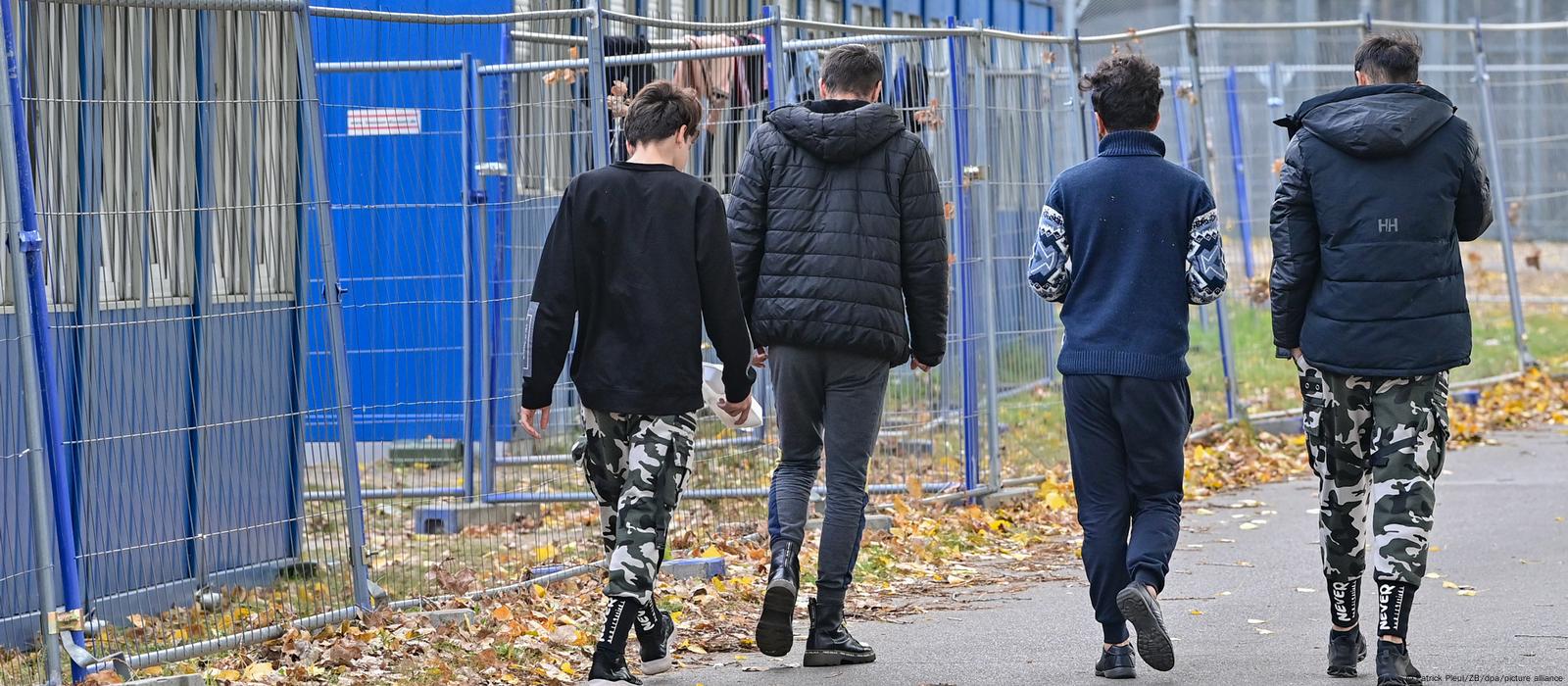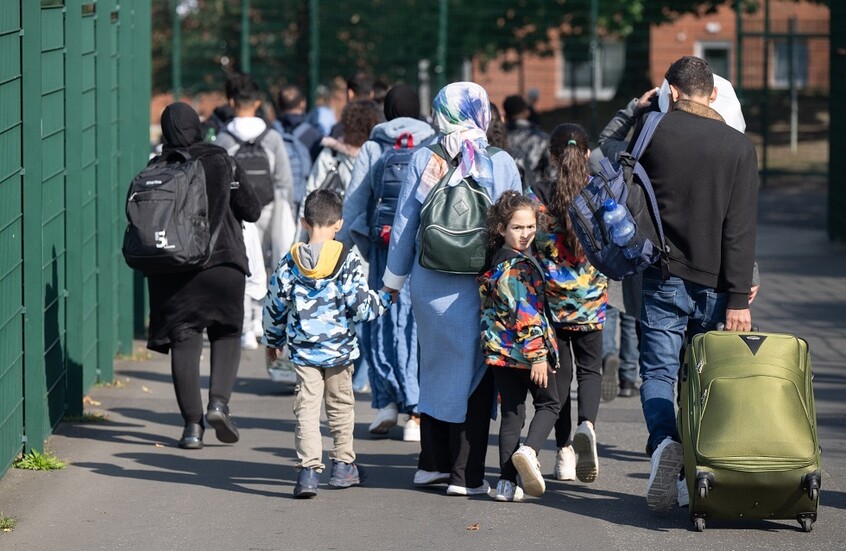Media outlets reported that despite the strict laws issued by European countries to obstruct the flow of immigrants, the right and extreme right are currently reviewing their positions on immigration, under pressure from businessmen, noting that the Italian Prime Minister and the Hungarian Prime Minister are allowing the reception of new immigrants after having built their policies for years on anti-immigration speeches.
Europe suffers from a severe labor shortage due to the decline in birth rate in recent years, which forced the European right (both the center and the far-right) to reconsider its positions and “give up” on its strict immigration policy.
Patrick Simon, director of research at the French National Institute for Demographic Studies, points out the growth of a “contradictory” discourse on immigration that goes so far as to say, “We want to close immigration, but we want to choose our immigrants.”
Last summer, the Italian Meloni government announced that it would allow 425,000 foreign workers to enter its territory in the period between 2023 and 2025. This is to solve the crisis in the production sector, which lacks about 833 thousand workers.
Budapest also intensified the issuance of work visas to reduce this crisis. In the last four years, Hungary has witnessed an increase in the number of foreign workers from 35,000 at the beginning of 2019 to more than 73,000 at the end of 2023, according to the “France 24” website.
Like Italy (with 1.25 children per woman in 2021), Hungary (with 1.59 children per woman in 2021) suffers from decades of declining birth rates and increasing life expectancy, which contributes to the aging of its population and affects its economy in the short term.
The situation is almost similar in all European Union countries, where the average woman has 1.5 children and the average life expectancy is more than 80 years, according to the European statistics agency Eurostat.
It is possible that the need for foreign workers will reach 43.1 million workers in the year 2050 in the European Union, according to a survey conducted by the American Center for Global Development, which was based on the assumption that jobs will not be lost due to technical progress.
While the European Border and Coast Monitoring Agency (Frontex) recorded 380,000 illegal entries in 2023, a surge since 2016, the European Union continues to stress that it does not want to receive these migrants, most of whom come from Africa, the Middle East and Afghanistan.
France, which has the highest birth rates in Europe despite a decline in the fertility rate to 1.68 children per woman in 2023, voted at the end of December on a controversial immigration law that the far-right described as an “ideological victory.”
In the context of a right-wing debate on the issue, French President Emmanuel Macron defended a text that he described as a “protective shield” against illegal immigration.
For his part, President of the French Employers Association, Patrick Martin, denounced the “excessive focus” on illegal immigrants and “ignoring” the economic aspect, while the needs are expected to reach “3.9 million foreign employees” in France by 2050.
In Germany, which was met with criticism within the European Union after it received more than 800,000 refugees in 2015 during the Syrian crisis, the number of employees who will reach retirement age in 2036 is expected to reach 12.9 million, according to the German statistics office “Destatis”, which constitutes 30% of the active workforce.
“We will need more immigrants,” German Chancellor Olaf Scholz said in October, expressing his hope that many foreign “talented minds and qualified workers” would “live and integrate” while declaring at the same time in an interview with the newspaper “Der Spiegel” that he wants to “Reduce irregular migration” to Germany because the numbers arriving are too many.





